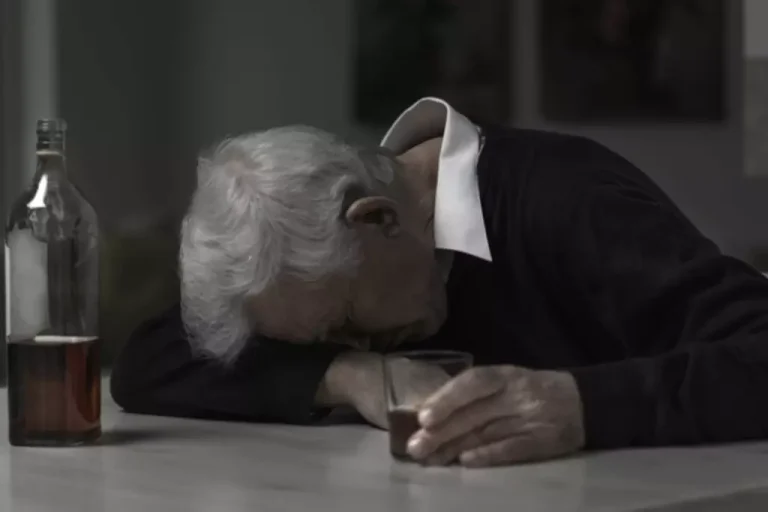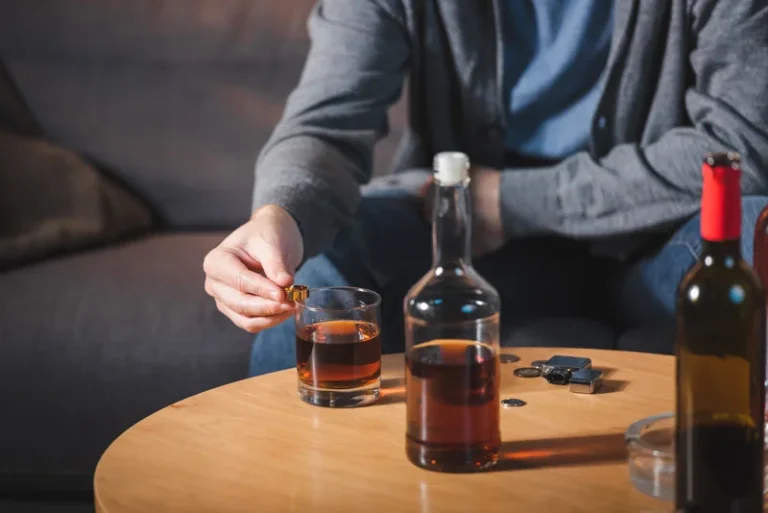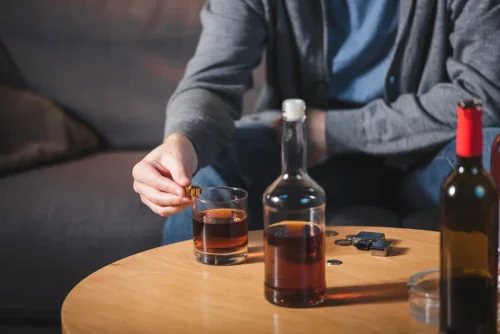
If you have devoted the necessary time and energy to the first 8 steps, you should have a solid foundation from which to approach making amends in Step 9. Your relationship with a higher power—no matter how you define it—can help you to remain open and willing, even as you acknowledge hard truths about pain you have caused to others. The Big Book only mentions one clear-cut exception for the direct approach of step nine. That would be whenever you believe making direct amends will cause even more damage. Once you enter into sobriety, there isn’t a set timeline for working Steps 8 and 9, so you might want to ask your sponsor and recovery support network for their insights about whether you’re ready.

Step 2: Acknowledge the Harm
- This step ensures that you are grounded and clear about your intentions and the potential impact of your actions.
- It’s about acknowledging your wrongdoing and committing to change, even if direct amends are not possible.
- Have you ever wondered how to repair broken relationships or reconcile with those we have wronged?
- This may involve attending family therapy or individual therapy.
- Donating money, volunteering time, or providing care can serve as indirect amends when direct communication is not feasible.
By taking on the responsibility to sincerely apologize, an individual continues to build self-confidence and reinforce personal integrity. Recovery is a challenging but immensely rewarding path, and making amends is a crucial component of this journey. It’s a testament to your strength, resilience, and determination to create a better life for yourself and those around you. Remember, recovery is a process, not an endpoint, and making amends is a significant step on the road to a brighter, healthier, and more fulfilling future. It’s essential to be thoughtful and considerate in your approach.
- Avoid initiating a conversation if the other person is distracted or upset by something unrelated.
- Despite these obstacles, making amends is an essential part of the recovery process.
- Making amends is more than just saying “I’m sorry.” It’s going the extra mile to make things right.
The Ninth Step: When To Do So Would Cause Harm
Cause you can see how the Enterprise just set pieces living amends definition all over the soundstage and then there was Planet from Hell on stage nine. But it was great because one of the things that I really loved doing was trying to remember what scenes they were shooting at the time. Because I would wait for those episodes and go, Oh, yeah, I was there for that.
Tips For Sober Life This Summer

Remember that the journey of recovery is about progress, not perfection. Taking responsibility is a significant part of that progress, allowing you to move forward with integrity and a commitment to positive change. Making amends is a crucial aspect of addiction recovery as it helps individuals repair relationships damaged by their past behaviors. It fosters complete honesty and allows for healing, both for the person making amends and those affected by their wrongdoing. However, some people are afraid of making amends because they don’t know what to say, how to start, or how others are going to respond.
- In a Psychology Today article, Winch also explained that guilt and shame play a large part in the struggle to apologize.
- However, we do not pay for anyone’s entire stay in their sober living community because we also recognize each person’s need to have stakes in the process.
- Don’t forget, when you really work this step painstakingly and make amends, the 9th step promises begin to come true and you will be amazed before you are halfway through.
- Avoid the temptation to shirk responsibility by casting blame or justifying your actions.
- The first step is to know that your questions and feelings are normal.
Step 9, often seen as one of the most challenging, requires courage, humility, and guidance. More than an apology, it’s about making genuine amends—taking action to correct past mistakes without causing harm. Here, we explore Step 9, its goals, possible outcomes, and effective language for making amends. Expressing genuine remorse and even regret for the Halfway house pain caused is a key element. When making amends to someone in active addiction, safeguard your own health and recovery. This might mean delaying the amends or finding alternative ways to demonstrate your commitment to change without putting yourself at risk.
This part is perhaps the most daunting, but it is also the most important. Let the other person explain how they feel, how they were affected, and what they need to move forward. This is a delicate process that requires forethought, reflection, and strong commitment. If you find yourself jumping to make things right, that’s a great instinct!

